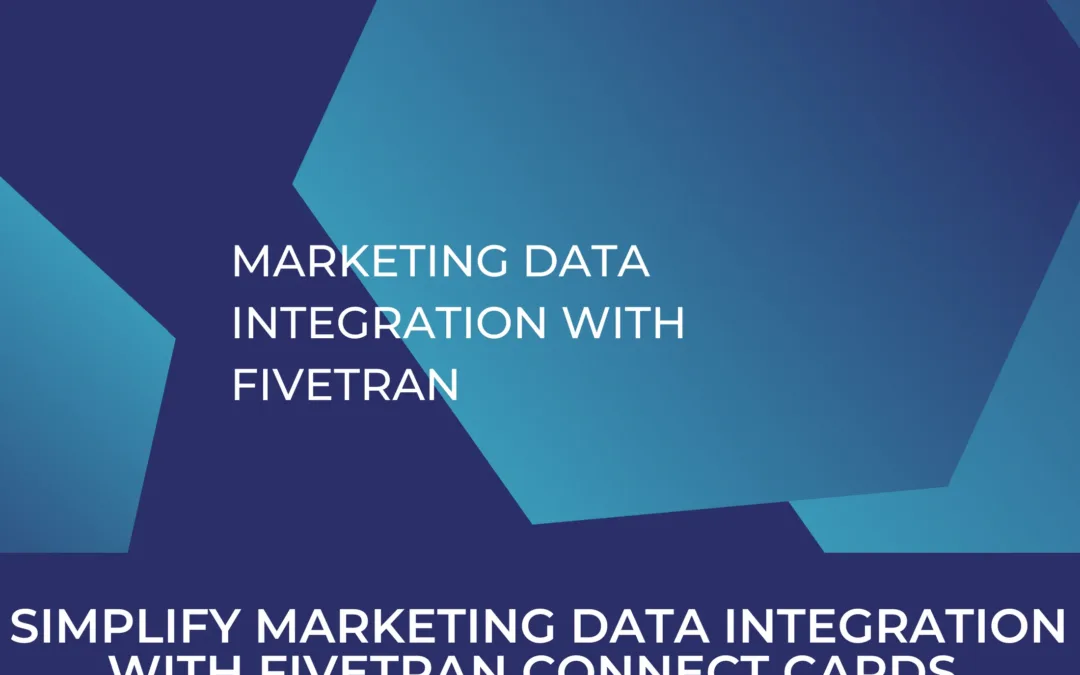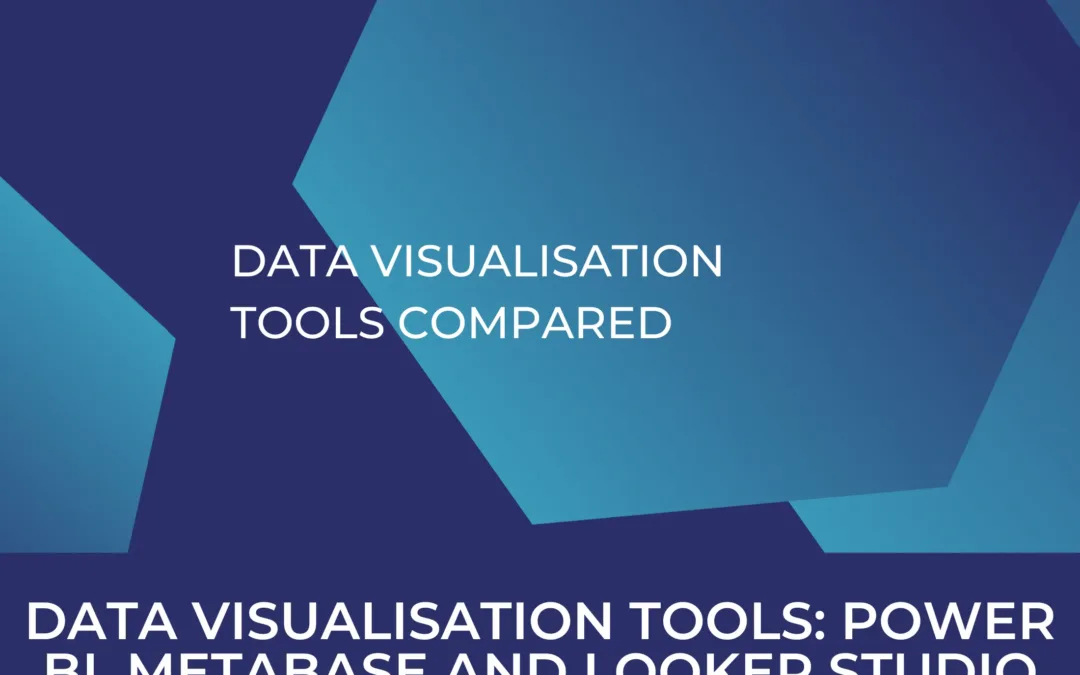Streamlining BI Projects with GitHub and dbt
Best Practices for Effective Version Control
In the realm of BI, where collaboration, reproducibility, and efficiency are paramount, integrating version control tools like GitHub with powerful data modeling tools like dbt (data build tool) can significantly enhance project management and code quality. In this article, we explore how to leverage GitHub alongside dbt and its associated packages—dbt utils, dbt project evaluator, and dbt audit helper—to implement best practices for version control and project evaluation in data analytics workflows.
Table of Contents
First things first: Why combine GitHub and dbt?
GitHub serves as a centralized platform for version control, facilitating collaboration, code review, and project management. By integrating dbt—a data modeling tool that enables analysts to transform, test, and document data pipelines—teams can enforce data modeling best practices, automate testing, and ensure the reliability of analytics outputs.
Getting Started with GitHub and dbt
1. Setting Up a Repository
Create a new repository on GitHub to host your dbt project. Initialize the repository with a README file and a .gitignore file tailored to dbt-specific files and directories.
2. Cloning the Repository
Clone the GitHub repository to your local machine. This local copy will serve as your development environment for dbt projects.
3. Configuring dbt
Configure your dbt project by creating a profiles.yml file to define connections to your data warehouse (e.g., Snowflake). Additionally, set up your dbt project configuration file (dbt_project.yml) to specify project settings and dependencies.
4. Implementing dbt Packages
Integrate dbt packages like dbt utils, dbt project evaluator, and dbt audit helper into your project. These packages offer utilities for data transformation, project evaluation, and auditing, enhancing the capabilities of your dbt workflows
5. Branching Strategy
Adopt a branching strategy that aligns with your project’s needs. Create feature branches for implementing new dbt models or making changes to existing ones, and use pull requests for code review and merging.
Automating dbt Evaluation on Pull Requests
Pull Request Workflow:
When a developer creates a pull request on GitHub, it triggers automated dbt evaluation using GitHub Actions or similar CI/CD tools. The evaluation process includes compiling dbt models, running tests, and auditing data quality.
dbt Model Compilation:
During the pull request review, dbt compiles the dbt project to ensure that all models are syntactically valid and free of errors. Any compilation errors are reported back to the developer for resolution.
Data Quality Auditing:
Leveraging dbt audit helper, the evaluation process includes auditing data quality metrics such as completeness, accuracy, and consistency. Any deviations from predefined thresholds trigger alerts, prompting developers to investigate and address potential issues.
Best Practices for GitHub and dbt Integration
Code Review:
Encourage thorough code review on pull requests to ensure code quality, adherence to dbt best practices, and alignment with project objectives.
Documentation:
Supplement dbt models with descriptive comments, data lineage diagrams, and documentation files to facilitate understanding and maintainability.
Continuous Improvement:
Continuously refine and optimize your dbt project and GitHub workflows based on feedback, lessons learned, and evolving business requirements.
Conclusion
By combining the collaborative capabilities of GitHub with the data modeling prowess of dbt and its associated packages, data analytics teams can establish robust version control workflows, automate testing and evaluation, and uphold data quality standards effectively. Through diligent adherence to best practices and seamless integration of these tools, organizations can streamline their data analytics projects, foster collaboration among team members, and deliver insights that drive informed decision-making.
If you are facing just such challenges and would like to take your data strategy to the next level, feel free to get in touch with our experts at any time for a no-obligation call.




